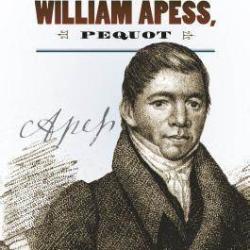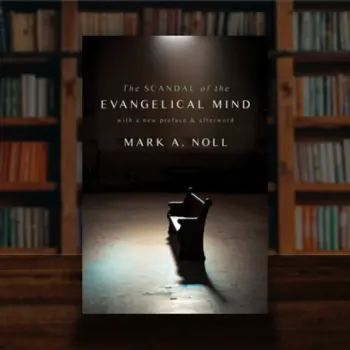I was going to write about the GOP Convention today, but I found the following topic more interesting:
Over at Books and Culture, Nicholas Wolterstorff reviews Mark Noll’s Jesus Christ and the Life of the Mind. For Christian scholars, it doesn’t get any better than this. For the past generation, Noll and Wolterstorff have been two of the leaders–in both word and example–of what it means to cultivate a Christian mind.
As expected, Wolterstorff praises Noll’s apology for Christian learning, but he also offers a gentle, yet important, critique of his work. Here is a taste:
Noll has convincingly shown that Christological doctrines can be employed to make a compelling case for Christians engaging in serious learning. But it seems to me that once that case has been made, and once Christians do engage in serious learning, then it should not just be Christology that guides what they do but their Christian formation in its totality. And though explicitly formulated guidelines are useful, we as Christian scholars must always be open to what our guidelines have overlooked.
Let me add that whereas the Christological case that Noll makes for Christians engaging in serious learning seems to me both compelling and rich, the guidelines that he teases out of classical Christology for how we actually engage in learning strike me as rather thin by comparison. Christians, he says, will affirm contingency. They will affirm particularity. With the Incarnation in mind they will insist, by analogy, that ascribing a natural cause to some event is compatible with ascribing it to God as well. They will resist the pride characteristic of intellectuals. All true; but very general and abstract.
Noll goes beyond these four general affirmations when he takes three academic disciplines—history, natural science, and biblical studies—and offers guidelines for Christians working in these particular disciplines. It is in this last of these, biblical studies, that Noll’s Christology yields genuinely helpful guidelines for engaging in the discipline; what it yields for history and natural science is mainly guidelines for thinking about the subject matter of the discipline rather than guidelines for engaging in the discipline. Of course, how we as Christian scholars think about the subject matter of our discipline is important; but I would say, and I am sure Noll agrees, that how we actually deal with that subject matter is at least as important.
I think Wolterstorff puts his finger on the next big project for Christian scholars, particularly in the area of history. Along with Jay Green and Eric Miller, I gestured in this direction in Confessing History: Explorations in Christian Faith and the Historian’s Vocation and I have suggested some additional avenues we could follow in my forthcoming “The Power to Transform: Reflections on the Study of the Past.” (Baker Academic, 2013). But I think that there is much more work to do. What Wolterstorff has described as “engaging the discipline,” if I understand him correctly, is more about vocation than theology or epistemology.
I will end with a shout out to Books & Culture editor John Wilson: I would love to see Noll and Wolterstorff flesh out these ideas more fully in a future forum. Is there a difference between how we “think about the subject matter of the discipline” and how we “engage in the discipline?”












